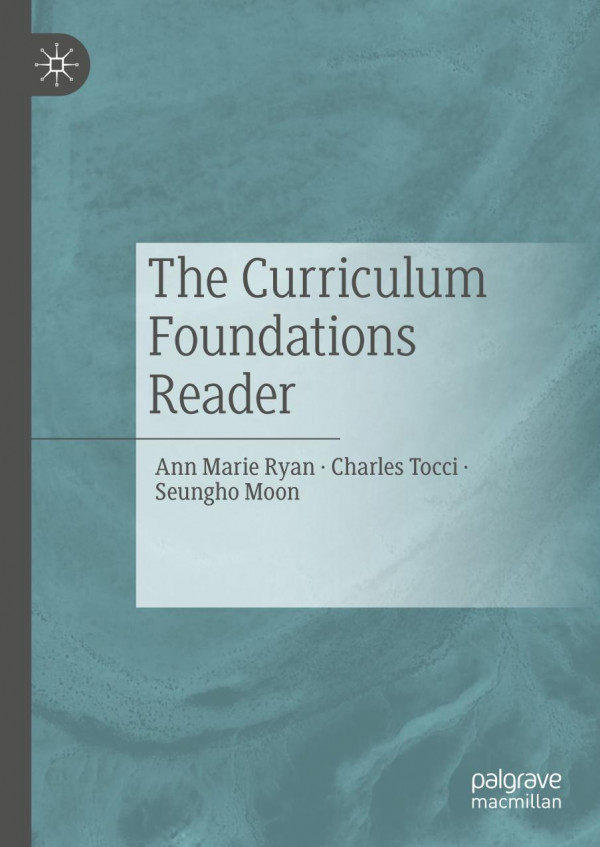

Most ebook files are in PDF format, so you can easily read them using various software such as Foxit Reader or directly on the Google Chrome browser.
Some ebook files are released by publishers in other formats such as .awz, .mobi, .epub, .fb2, etc. You may need to install specific software to read these formats on mobile/PC, such as Calibre.
Please read the tutorial at this link. https://ebooknice.com/page/post?id=faq
We offer FREE conversion to the popular formats you request; however, this may take some time. Therefore, right after payment, please email us, and we will try to provide the service as quickly as possible.
For some exceptional file formats or broken links (if any), please refrain from opening any disputes. Instead, email us first, and we will try to assist within a maximum of 6 hours.
EbookNice Team

Status:
Available4.5
17 reviewsThis book brings readers into classrooms and communities to explore critical curriculum issues in the United States throughout the twentieth century by focusing in on the voices of teachers, administrators, students, and families. Framed by an enduring question about curriculum, each chapter begins with an essay briefly reviewing the history of topics such as student resistance, sociopolitical and culturally-centered curricula, curriculum choice, the place and space of curriculum, linguistic policies for sustaining cultural heritages, and grading and assessment. Multiple archival sources follow each essay, which allow readers to directly engage with educators and others in the past. This promotes an in-depth historical analysis of contemporary issues on teaching for social justice in the fields of curriculum studies and curriculum history. As such, this book considers educators in the past—their struggles, successes, and daily work—to help current teachers develop more historically conscious practices in formal and informal education settings.